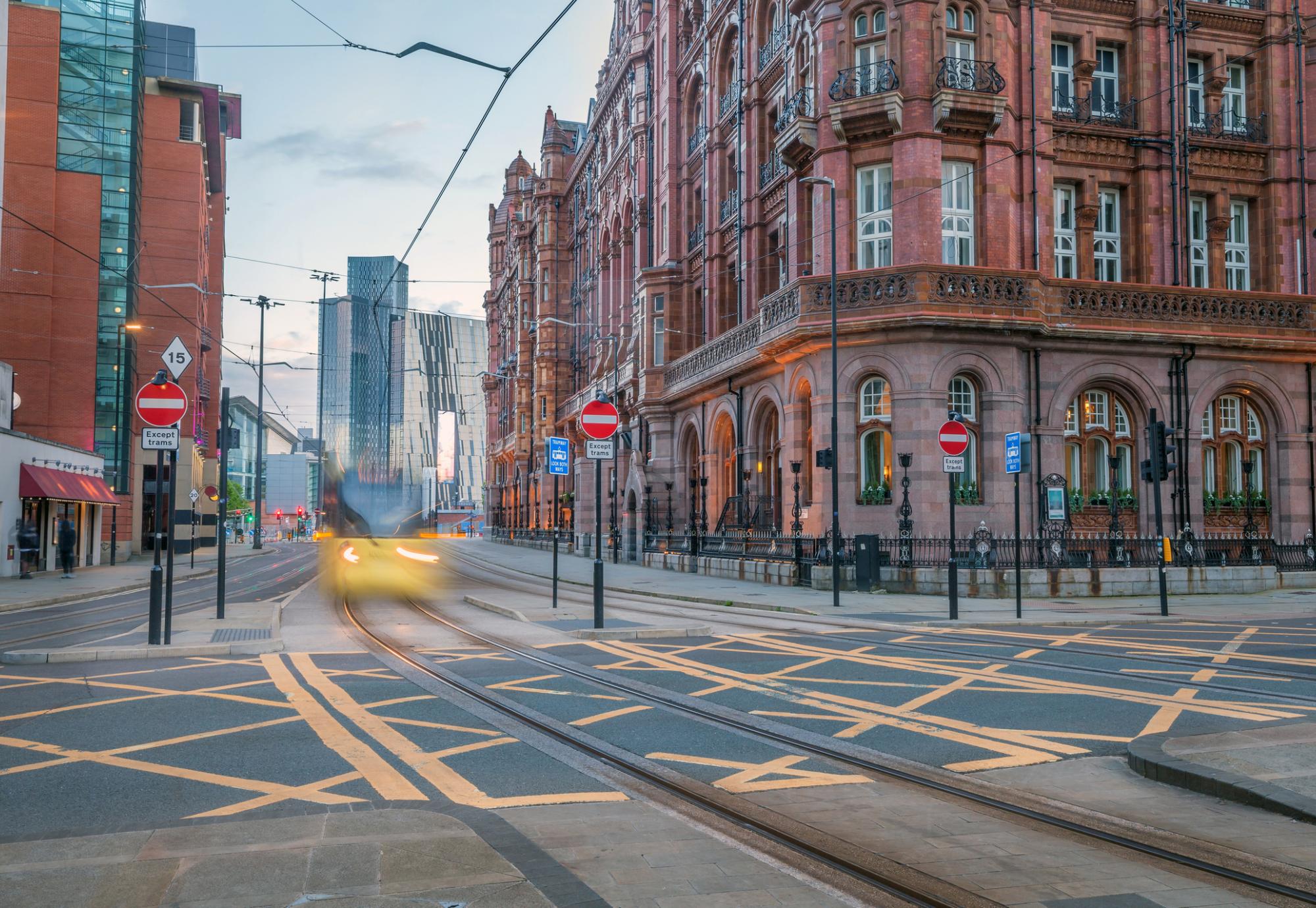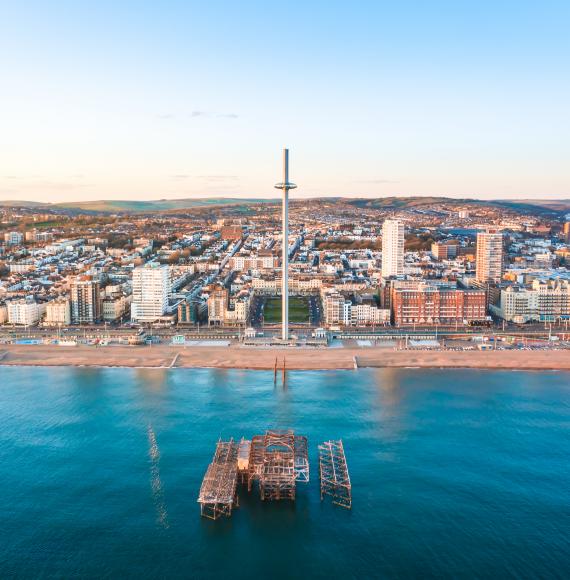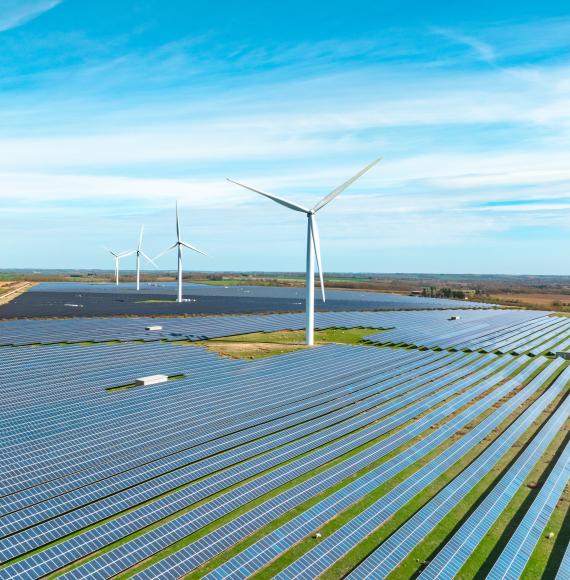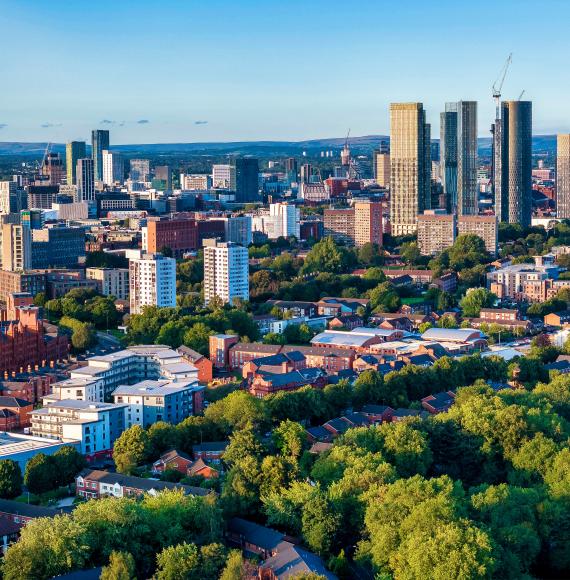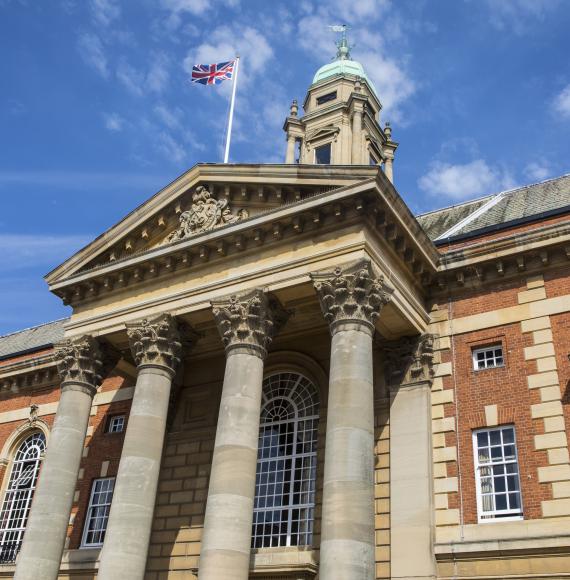The UK’s largest fleet of electric refuse vehicles (eRCV) have started work in Manchester thanks to a £10m investment from Manchester City Council, which also sees a partnership between the authority and a sustainable waste management business.
In total, 27 brand-new zero emissions vehicles have been launched, which will help to reduce air pollution and will help reduce nitrogen dioxide levels in the city.
The roll out of the fleet in Manchester, which will collect household and municipal waste, is the UK’s biggest commitment to electric refuse vehicles.
The benefits of electric refuse vehicles versus their diesel-powered counterparts include:
- Helping to reduce air pollution and improve the environment.
- Quieter but just as powerful and cost efficient to run as diesel vehicles.
- Designed for urban environments and can complete a full shift on one charge.
Manchester City Council is one of the first local authorities to transform its fleet with eRCVs following two years of successful trials with the waste management company.
The electric fleet will allow the council to make significant progress towards its zero carbon action plan that aims to halve its direct emissions by 2025, as part of a wider drive to make Manchester carbon free by 2038.
Electric refuse collection vehicles have a vital role in reducing emissions across the waste collection industry and helping the UK reach its 2050 net zero emissions target.
Commenting, Manchester City Council’s Executive Member for Neighbourhoods, Councillor Rabnawaz Akbar said that the council “has made the most significant investment of any council in emission free refuse collection vehicles”, as well as saying that “the waste and recycling service is playing its part in binning pollution”.

